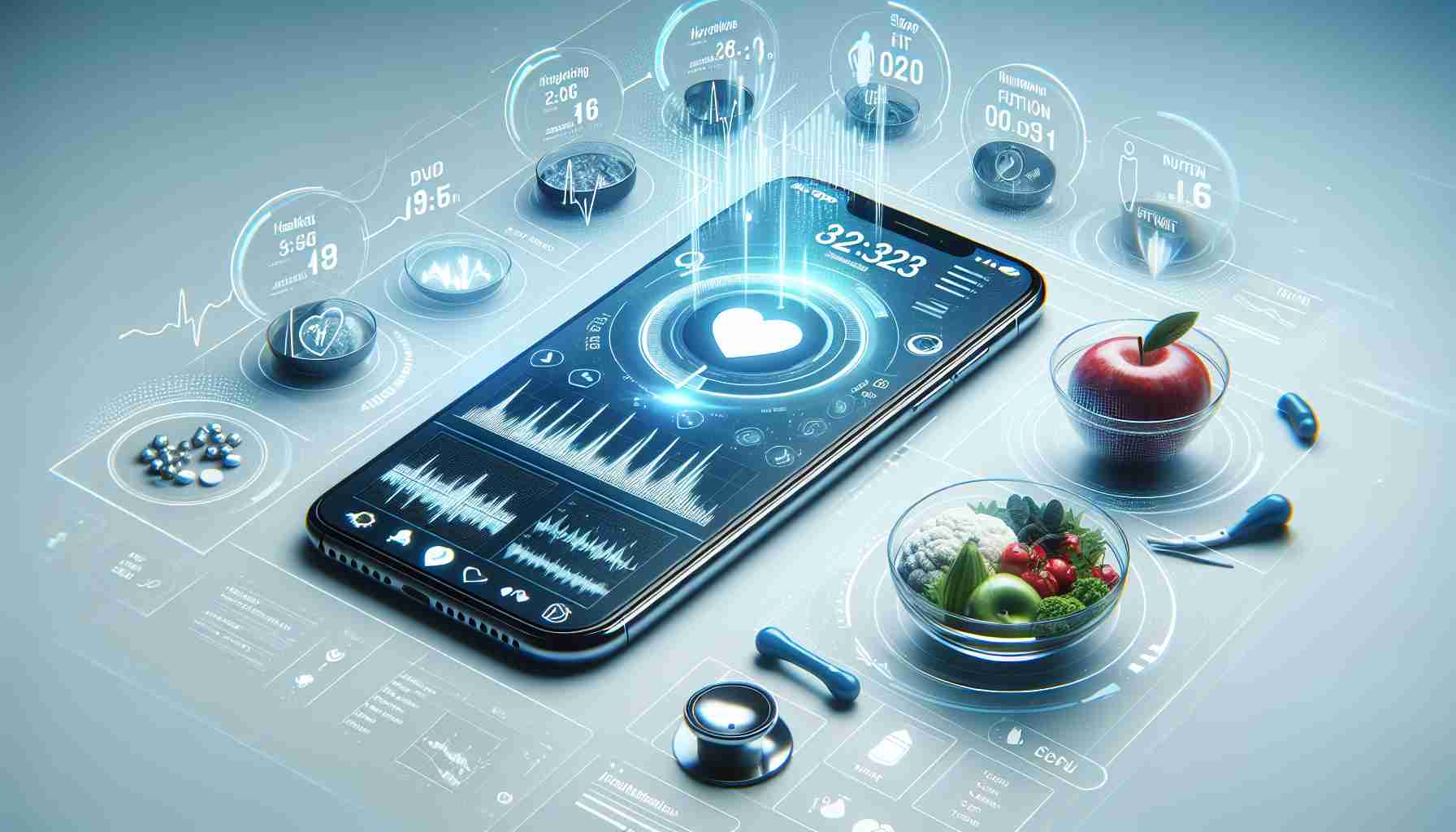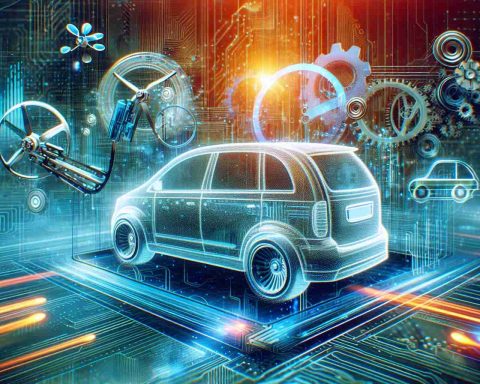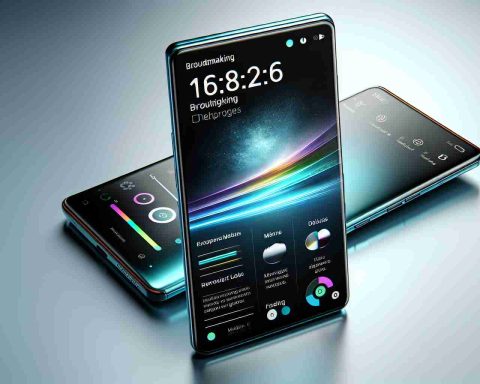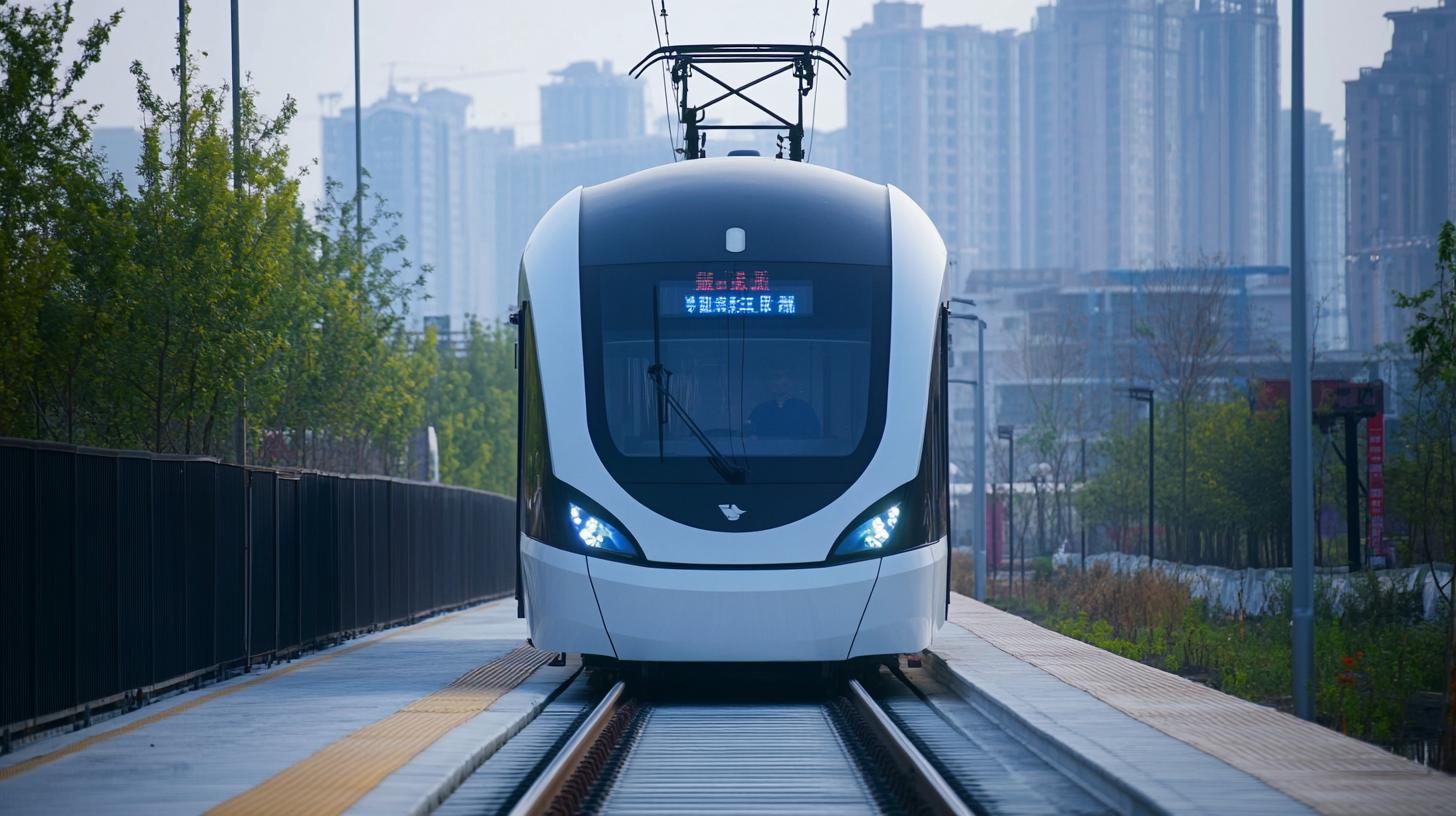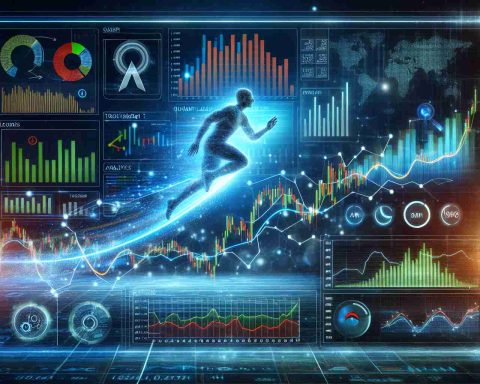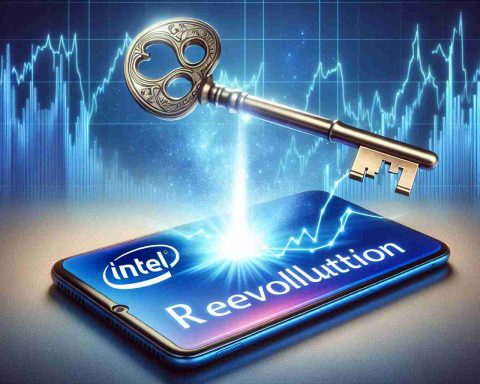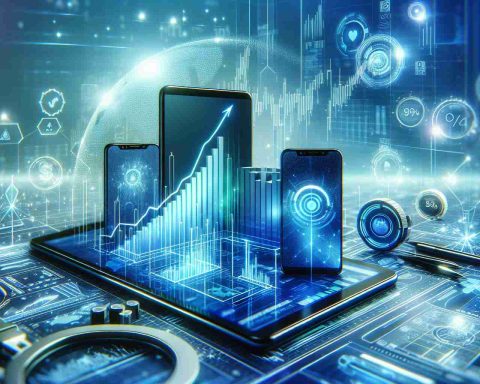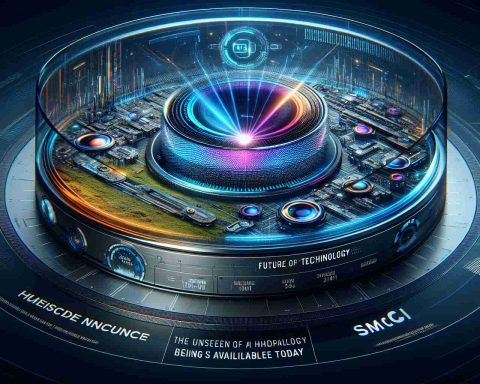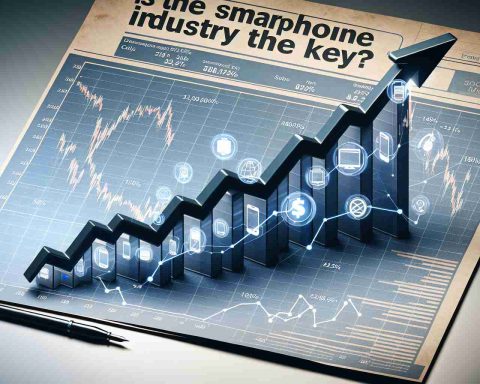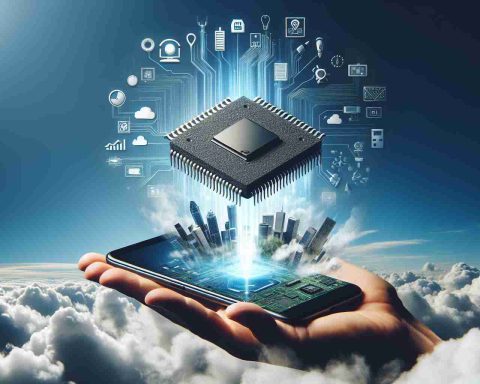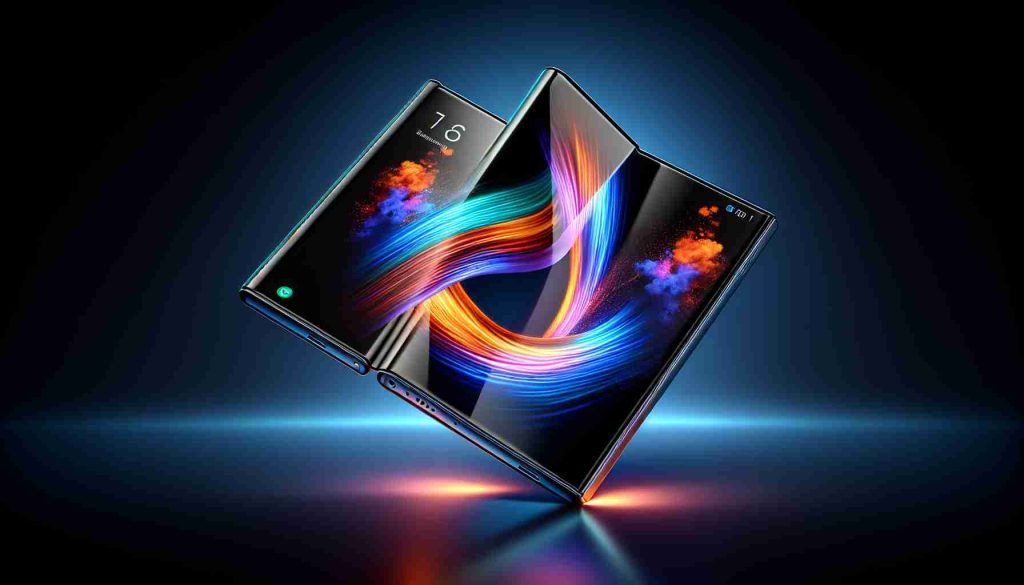Imagine a world where you never need to prick your finger for diabetes tests or feel the squeeze of a blood pressure cuff. This vision might soon become a reality thanks to pioneering research from the University of Tokyo. They are developing an innovative system that utilizes artificial intelligence to detect health conditions like diabetes and hypertension, simply by scanning your hand or face with a smartphone.
Transformative Technology
Researchers have devised a method using a high-speed camera that captures brief video footage—lasting between 5 to 30 seconds—of a person’s face and palm. The camera rapidly records 150 frames per second, capturing minute changes in blood flow through the skin. These images are analyzed using specialized software, which can accurately determine whether an individual suffers from high blood pressure or diabetes.
Impressive Accuracy Levels
The results are remarkable. For detecting elevated blood pressure values above 130/80, the system achieved 94.2% accuracy with longer readings. Shorter, 30-second readings demonstrated an 86.2% accuracy, while 5-second scans held an 80.9% accuracy. In detecting diabetes, which traditionally requires blood tests, the system reached a 75.3% accuracy rate.
Future Integration and Challenges
Currently reliant on advanced cameras, researchers are optimistic about integrating this technology into everyday devices. The lead researcher, Ryoko Uchida, envisions affordable sensors in smartphones, potentially revolutionizing personal health monitoring and early disease detection. However, adaptation for varied skin tones, lighting conditions, and irregular heart rates is necessary, along with broader studies across diverse populations and environments. The promise of this technology, though, could be a game-changer for personal healthcare.
Revolutionary Health Scanning: Could Your Smartphone Become Your Next Doctor?
The world of healthcare technology is taking a giant leap forward, with groundbreaking developments poised to transform personal health monitoring. While recent studies from the University of Tokyo mark significant progress in non-invasive health diagnostics, the cascade of innovations and implications extends further, igniting a new era of healthcare possibilities.
Wider Impact on Global Healthcare Systems
The advent of smartphone-based health diagnostics offers promising solutions to several existing healthcare challenges. Traditional health assessments often require costly and time-consuming lab tests, which are not always feasible in lower-income or remote areas. This technology can bridge that gap by providing instant health data through a device millions already own, fostering greater health equity and accessibility. Countries with overburdened healthcare systems might see decreased congestion in clinics and hospitals, as individuals conduct preliminary health checks at home before seeking medical help.
Practical Implications for Daily Life
If successfully integrated into consumer tech, this innovation could significantly change how people manage their health. Imagine receiving a push notification reminding you to scan your hand if your blood pressure might be rising, or alerts for potential diabetes risks based on minute changes in your skin’s blood flow. This level of constant, real-time monitoring could lead to earlier interventions and better overall health management, potentially decreasing the incidence of severe complications from chronic conditions.
Points of Controversy and Debate
Yet, as with all technological advancements, ethical and practical questions arise. Data privacy is a paramount concern. How will sensitive health information be secured, and who will have access to it? Trust in tech companies to manage this data responsibly is under scrutiny, and regulatory frameworks will need to adapt swiftly to guard against misuse. Furthermore, the reliance on AI-driven diagnostics raises questions about the potential for technology to misinterpret data, which could lead to incorrect conclusions and anxiety among users seeking self-diagnosis.
Advantages and Disadvantages
Advantages include:
– Increased accessibility: Health diagnostics become available to a wider audience.
– Cost reduction: Potentially lowers healthcare expenses for users and systems.
– Convenience: Eliminates the need for frequent, invasive tests.
Disadvantages include:
– Data security risks: Threat of personal health data being accessed illicitly.
– Accuracy variations: Less accuracy in diverse conditions might lead to errors.
– Over-reliance on technology: Could diminish the role of medical professionals in early assessments.
Critical Questions and Their Answers
– Can AI truly replace traditional diagnostics?
AI can complement and enhance traditional methods but is not expected to wholly replace the expertise and nuanced understanding of healthcare professionals.
– How will this affect healthcare jobs?
There’s potential for job shifts, with some healthcare roles evolving more towards technology management and patient engagement through digital tools.
– Will insurance cover tech-driven health checks?
Insurance policies could gradually adapt, expanding coverage to include tech-based preventative health measures as they become mainstream.
Conclusion
With its potential to transform healthcare at both individual and systemic levels, the introduction of smartphone-based health diagnostics is undeniably exciting. However, it brings with it a spectrum of ethical and practical concerns that must be critically addressed to ensure equitable, secure, and reliable healthcare for all. For more information on the intersection of technology and healthcare, visit WHO and HealthIT.gov.

